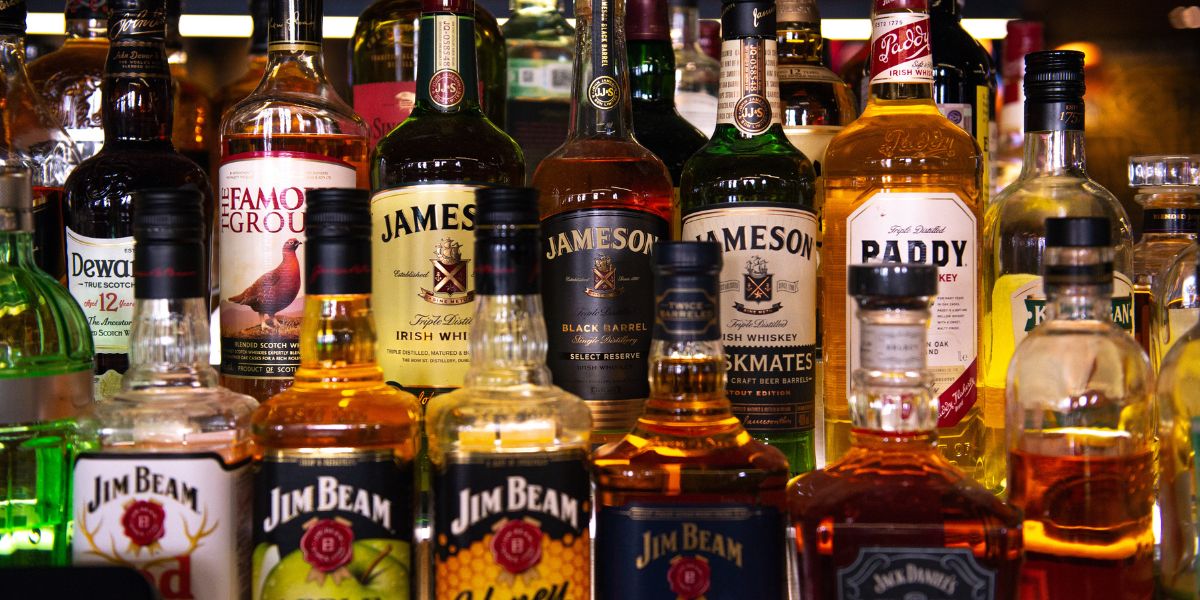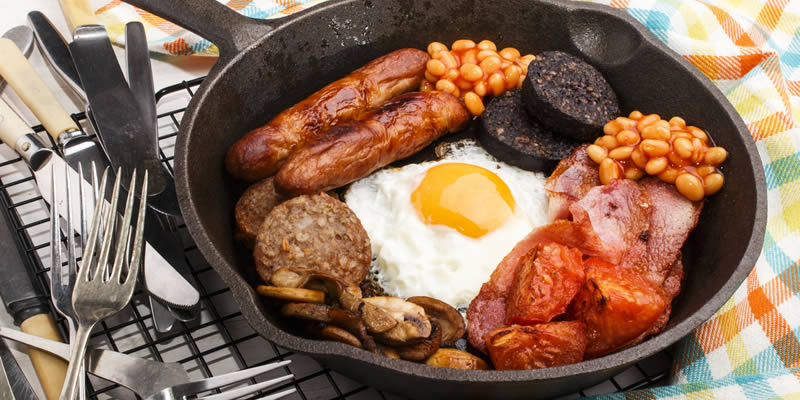People using glucagon-like peptide-1 receptor agonists (GLP-1 RAs) are more likely to have a lower alcohol intake compared to those not using these drugs, latest research has revealed.
A new study has found that individuals using dulaglutide consumed 29% less alcohol compared to those using placebo.
During the trial, the team of researchers analysed more than 88,190 adults who were either using exenatide, dulaglutide, liraglutide, semaglutide, tirzepatide or a placebo.
- MHRA: 68 people hospitalised with weight loss injections
- Wegovy launches in China
- Weight loss plateau unavoidable even with Ozempic and Wegovy
They discovered that the participants using semaglutide and tirzepatide consumed less alcohol and participated in fewer binge-drinking episodes than those not using these drugs.
Participants with a body mass index (BMI) >30 kg/m² lowered their alcohol intake significantly if they were using exenatide, the study has reported.
However, those using exenatide with a BMI <25 kg/m² were likely to drink more heavily than those using other drugs.
Individuals who were newly using GLP-1 RAs were less likely to experience alcohol-related health events compared to those using the drugs for a longer duration of time, the research has revealed.
The study stated: “Exenatide significantly reduced cue reactivity in addiction-related brain regions and dopamine transporter availability in the striatum, suggesting a role in modulating reward pathways and working memory. However, these effects did not correlate with significant changes in subjective alcohol craving.
- Poor mental health triggered by alcohol and social media
- Diabetes, pollution and alcohol biggest modifiable risk factors for dementia
- Obesity and alcohol increase bowel cancer deaths in young women
“Adverse events were primarily gastrointestinal and included nausea, vomiting, and diarrhoea.
“Other reported side effects included respiratory infections, injection site reactions, and depressive mood.”
Read the study in full in the journal eClinicalMedicine.






